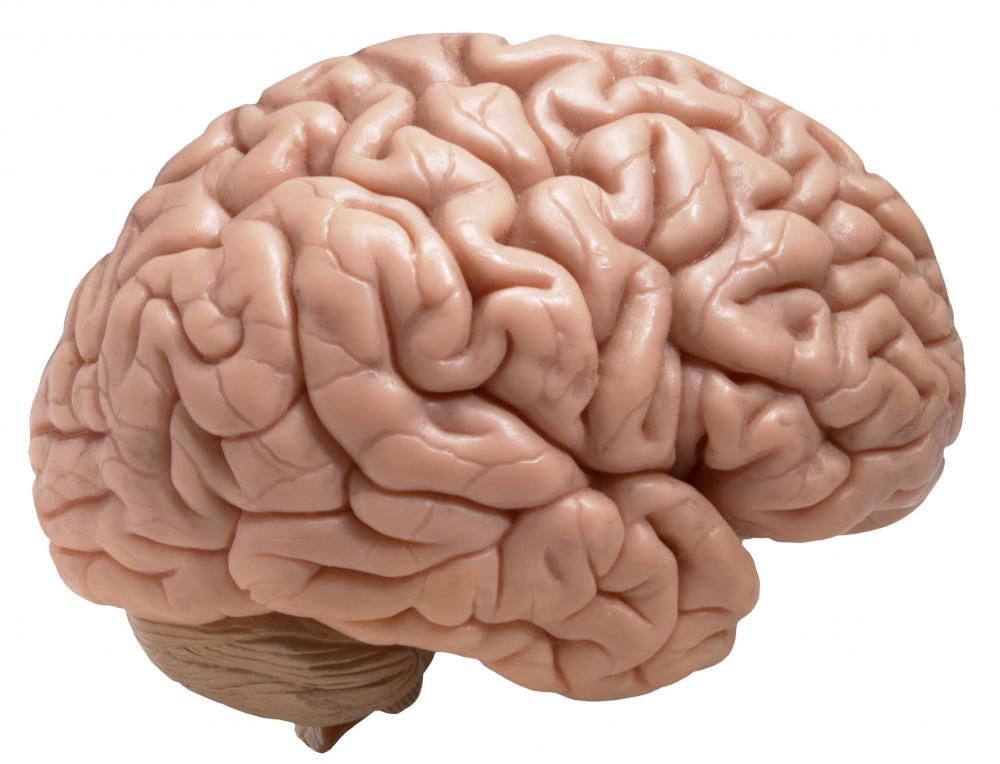At TheHealthBoard, we're committed to delivering accurate, trustworthy information. Our expert-authored content is rigorously fact-checked and sourced from credible authorities. Discover how we uphold the highest standards in providing you with reliable knowledge.
What Are the Different Types of Nervous System Diseases?
The nervous system is a collection of nerve fibers and cells that transmit impulses between different areas of the body. At times, this complex system may become damaged due to illness, accident, or physical defect or malformation. Some of the most well-known nervous system diseases include Alzheimer's and Parkinson disease, Tourette syndrome, and multiple sclerosis (MS). Many of these conditions differ in how they affect the nervous system, and the symptoms and severity can vary from person to person.
Although nervous system diseases may occur at any time for a number of reasons, some develop in fetuses during pregnancy or in infants just after birth. For instance, cerebral palsy, a condition that typically impairs certain functions such as muscle coordination, is thought to be caused by damage to the brain that occurs prior to birth. Congenital hydrocephalus, which is an abnormal flow of cerebrospinal fluid that develops around the time of birth, is another example. This particular condition may occur due to a number of reasons, including brain hemorrhages, infection, certain birth defects, or developmental malformations of the nervous system.

Some nervous system diseases are regularly associated with adults. These conditions include motor neuron disease, MS, and Parkinson disease. Motor neuron disease is a set of neurological disorders that progressively damage motor neurons, which will often lead to problems in speech, breathing, and movement. MS is a chronic, inflammatory condition that can cause damage to the sheaths that defend the nerve cells of the spine and brain. Parkinson disease is a progressive condition that affects the production of dopamine by certain nerve cells, which can ultimately lead to tremors and a disruption of physical movement and speech.

Other well-known nervous system diseases include meningitis, sciatica, and epilepsy. Meningitis is an inflammation of the membranes, or meninges, that cover the spinal cord and brain, and is generally caused by a viral or bacterial infection. Sciatica is a marked pain that can be felt in the outer area of the leg, hip, or back, and is due to a compression of a spinal nerve root. Epilepsy is a name used to describe a group of conditions that can cause a disturbance of electrical signaling in the brain. These disturbances may be caused by a number of triggers, including alcohol or nicotine consumption, repetitive or loud noises, or flickering images.
AS FEATURED ON:
AS FEATURED ON:













Discuss this Article
Post your comments